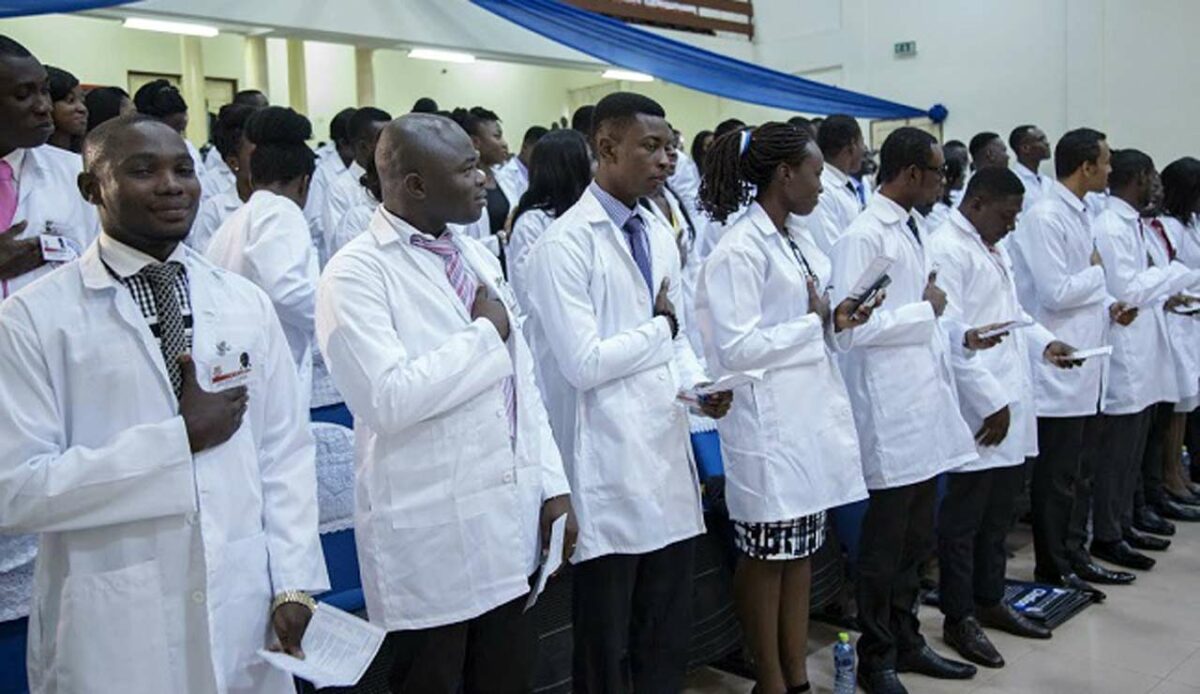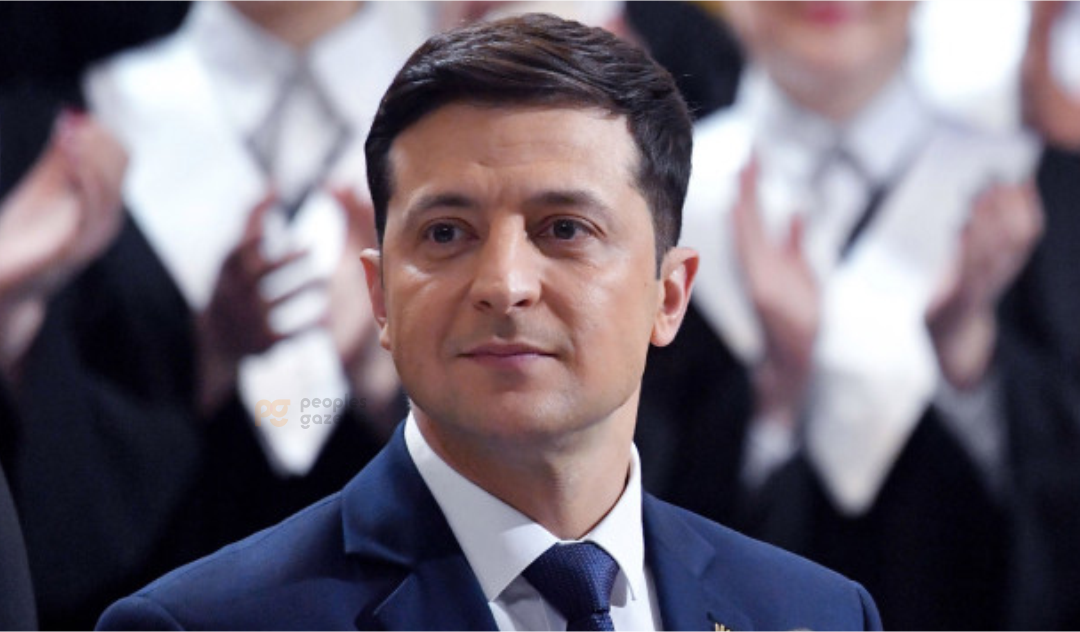Scammers selling unauthorised COVID-19 vaccines in ‘blackmarket’: Report

A new report has revealed that scammers are taking advantage of the ongoing global COVID-19 vaccination exercise to illegally sell vaccines on the darknet between $250 to $1,200 per dose.
Kaspersky, a global cybersecurity company (in the business of providing security solutions and services to protect businesses) in a publication on Thursday said unauthorised advertisement was found for Pfizer/BioNTech, AstraZeneca, and Modern vaccines, the three major COVID-19 vaccine brands after researchers examined 15 different marketplaces on the Darknet.
The report disclosed that a majority of the underground sellers have made between 100-500 transactions, with negotiations carried out through encrypted messaging apps like Wickr and Telegram, and payment is done via cryptocurrency, primarily bitcoin.
“Researchers examined 15 different marketplaces on the Darknet and found advertisements for three major COVID vaccines: Pfizer/BioNTech, AstraZeneca, and Moderna. There were also sellers advertising unverified COVID19 vaccines,” the report read.
“The majority of these underground sellers have made between 100-500 transactions, indicating that they’ve been completing sales but what exactly Darknet users are purchasing remains unclear. Communications are made via encrypted messaging apps like Wickr and Telegram, while payments are requested in the form of cryptocurrency, primarily bitcoin.”
It added that a majority of sellers behind the unauthorised sale of the COVID-19 vaccines came from France, Germany, the UK, and the USA, with an average cost of about $500.
“The majority of sellers came from France, Germany, the UK, and the USA, and the prices per dose ranged from $250 to $1,200, with an average cost of about $500,” the report revealed.
Negotiation for the COVID-19 vaccines is currently being mediated by the World Health Organization for countries across the globe.
We have recently deactivated our website's comment provider in favour of other channels of distribution and commentary. We encourage you to join the conversation on our stories via our Facebook, Twitter and other social media pages.
More from Peoples Gazette

Politics
Katsina youths pledge to deliver over 2 million votes to Atiku
“Katsina State is Atiku’s political base because it is his second home.”

Health
Only 58,000 out of 130,000 registered doctors renewed licence: MDCN
MDCN says only 58,000 doctors renewed their annual practice licence out of the 130,000 registered doctors in the country.

Africa
UN calls for international participation in fighting sexual violence in Sudan
UN officials are calling for more international engagement to combat sexual violence against women and girls in the Sudan conflict.

World
Ukraine court orders arrest of agriculture minister over $7 million fraud
Mr Solsky had tendered his resignation earlier on Thursday but technically remains in his post until parliament considers his request.

Economy
IMF: Nigeria, 11 other countries seek affordable financing, structural reforms
The ACG comprises the IMF governors of a subset of 12 African countries belonging to the African Caucus (African finance ministers and central bank governors) and IMF management.

Africa
ECOWAS holds strategic peace talk with African Union
ECOWAS has held a strategic peace talk with the AU to integrate and implement the African Union Accountability and Compliance Framework into peacekeeping missions.

Economy
Experts decry challenges in ICT industry, suggest solutions
An expert says Nigeria’s infrastructure deficit and rising equipment costs are stalling the growth of the country’s information and communication technology industry.








